This website uses a variety of cookies, which you consent to if you continue to use this site. You can read our Privacy Policy for
details about how these cookies are used, and to grant or withdraw your consent for certain types of cookies.
Category - Cutthroat Flumes
Blog
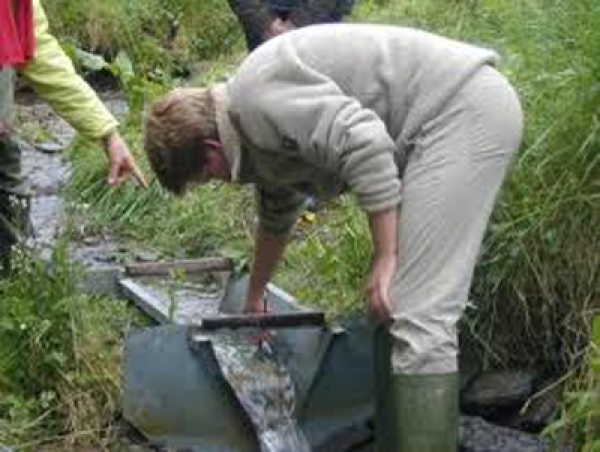
Short Throated vs Long Throated Flumes
Many kinds of flume are in use today around the world, in applications as diverse as dam seepage monitoring to industrial pre-treatent discharge. These flumes can be divided into two different classes: short throated and long throated.
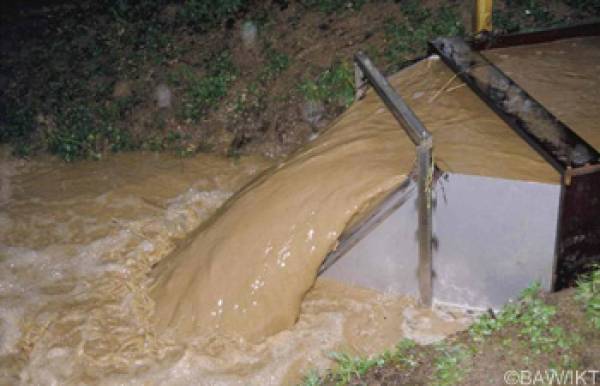
Freeboard, Flumes, and Flow Measurement
In flow measurement, freeboard is defined as the distance from the top of top of the water to the top of the flume or channel that it is in. For flumes, freeboard allows minor surface turbulence to exist without flow overtopping the sidewalls. The amount of freeboard…
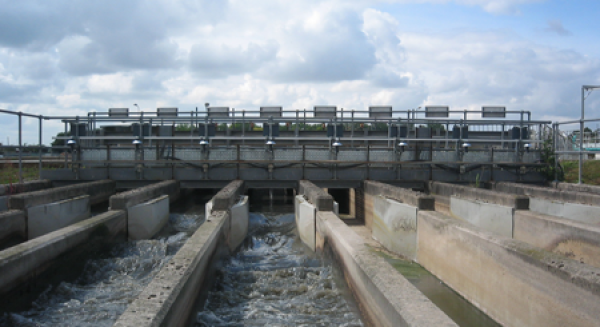
Using an Ultrasonic Flow Meter with a Flume
The combination of a flume with an ultrasonic flow meter is a very reliable method of measuring wastewater flows.
The set-up can be low cost and provide good overall accuracy.
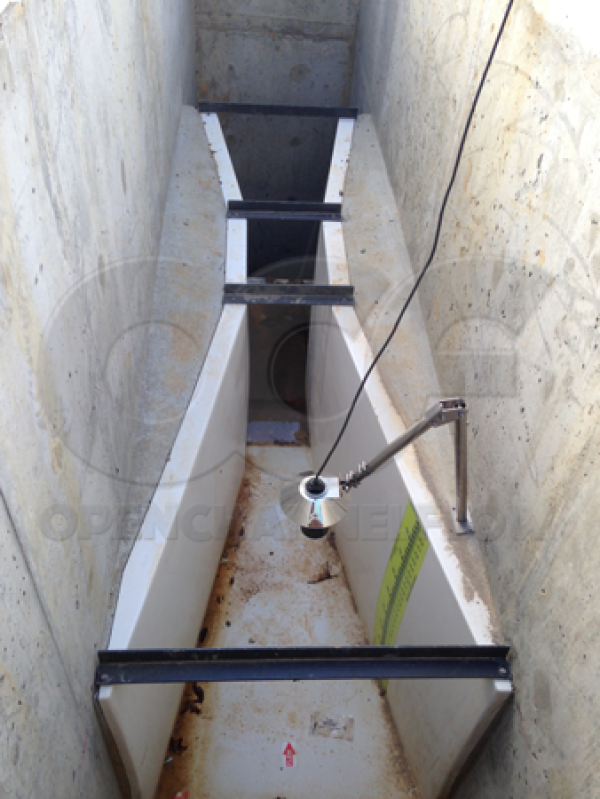
The Importance of Cribbing (Bracing) a Flume
Cribbing (bracing) a flume is one of life's little chores. It isn't something we want to do, but rather something we have to do. If it is done well, the results are great. If it is done poorly (or not at all), trouble is bound to follow. Find out how why…
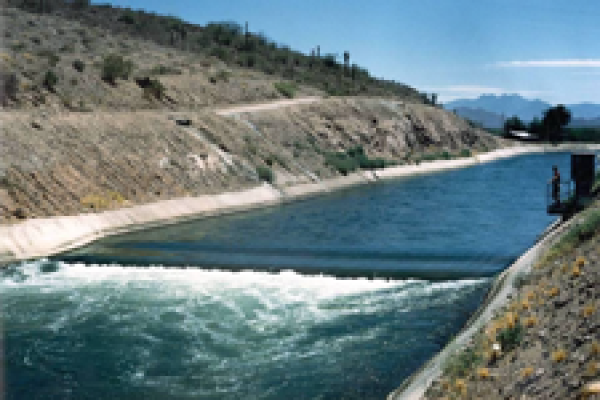
Long vs Short-Throated Flumes: Construction, Accuracy, & More
The Water Measurement Manual states that: “Long-throated flumes have many advantages compared to other measuring devices (for open channel flows), including Parshall flumes. Long-throated flumes are more accurate, cost less, have better technical…
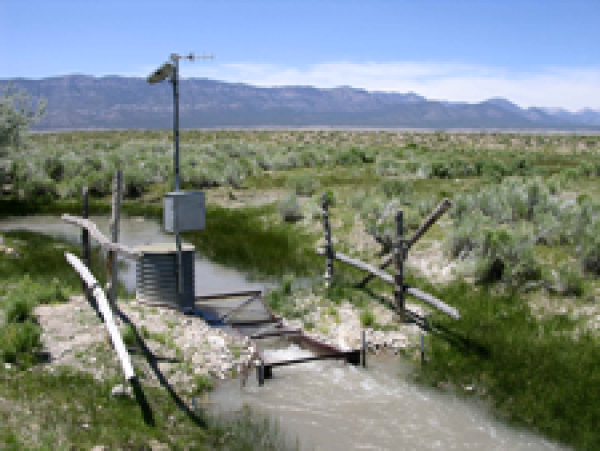
Steel Flumes
Steel, while not used in wastewater applications, is a common material of construction for flumes used in water rights and irrigation applications.
Both painted and galvanized steel are used for these applications; of the two, though, galvanized steel is the most common.
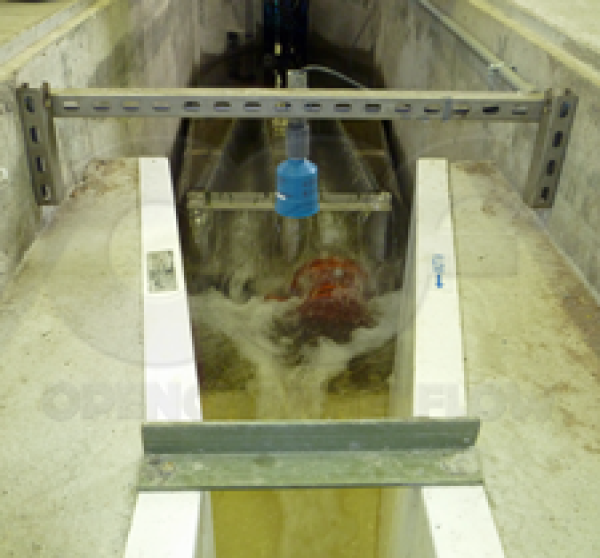
Measuring UV Disinfection Discharge at WWTPs
One problem application we see time and time again is measuring the flow out of a UV disinfection system. UV disinfection systems usually have V-shaped overflow weirs just downstream of the lamp banks. Parshall flumes are then placed immediately downstream to measure…
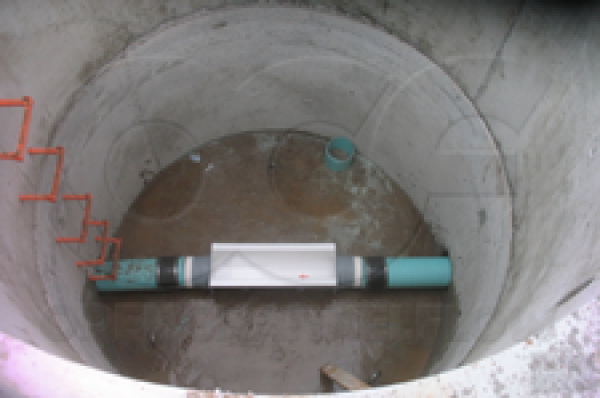
Visual Guide to Installing a Palmer Bowlus Flume
The installation of a Palmer-Bowlus flume is a straight forward and can be accomplished with a minimum of effort. The straight-through, u-channel design means that there are no changes in elevation to accommodate and that the flume is well suited for installation in manhole…
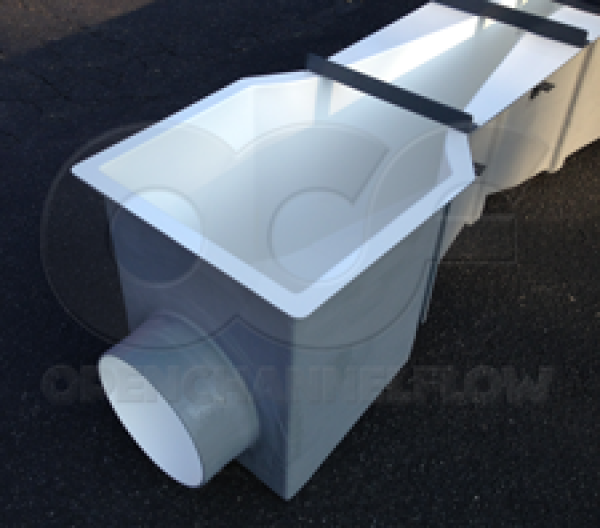
End Adapters for Parshall Flumes
End adapters are specially shaped structures that attach to the inlet and / or outlet of a Parshall flume and are designed to: Provide a convenient method of connecting to piping. Transition flow into and out of the flume in a controlled manner. Condition the flow into the…
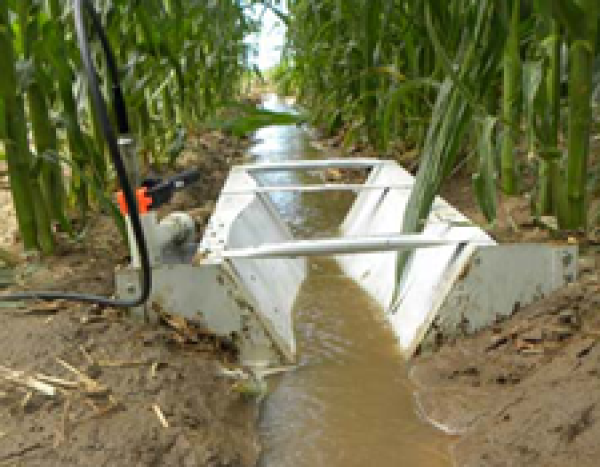
Irrigation Flumes for Water Rights & In-field Flows
Irrigation flumes can be categorized into two groups: those used for Water Rights and those used to measure in-field flows (Furrows). Water Rights flumes are concerned with the overall apportionment of water from an irrigation canal / channel or some other source of surface…
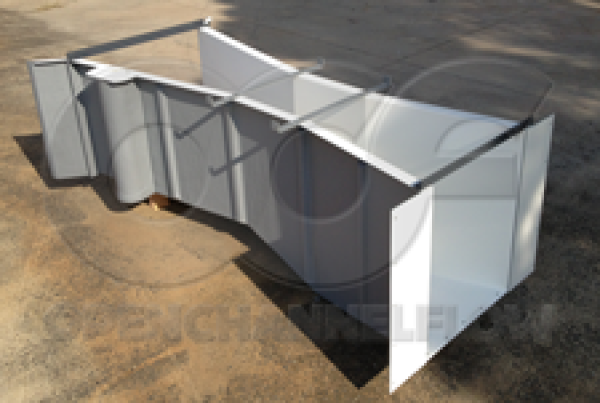
Nested Parshall Flumes
A nested (or dual-range) Parshall flume is one where a smaller, lower flow range flume has been mounted into a larger, higher flow range flume.
By nesting the two different flumes together, over time two substantially different ranges of flow can be measured in one installation.
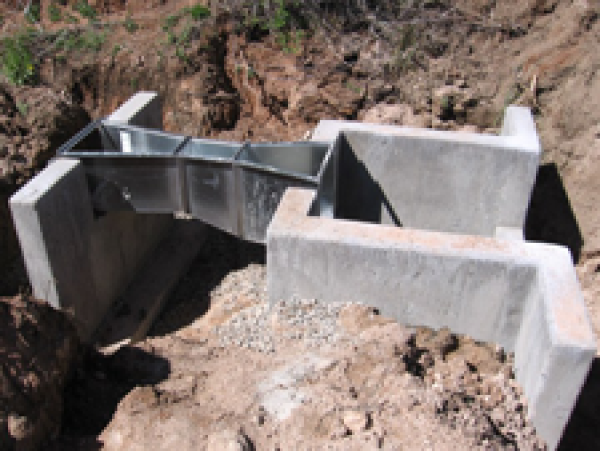
Water Rights Flumes
As State Engineer’s Offices become more concerned over accurate measurement of water rights withdrawals, flow-measuring devices are becoming mandatory. These flow-measuring devices typically take shape as flumes – with the Parshall and Cutthroat flumes being…

LOCATIONS IN ATLANTA, GA & BOISE, ID

